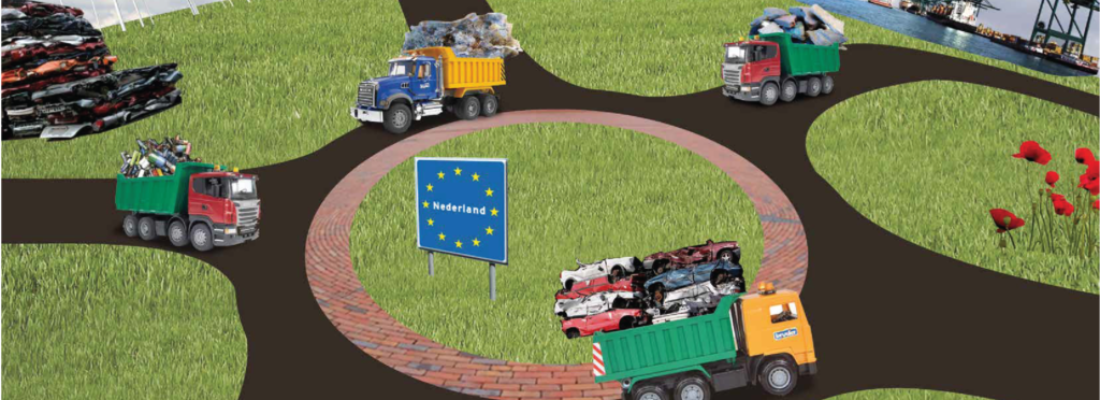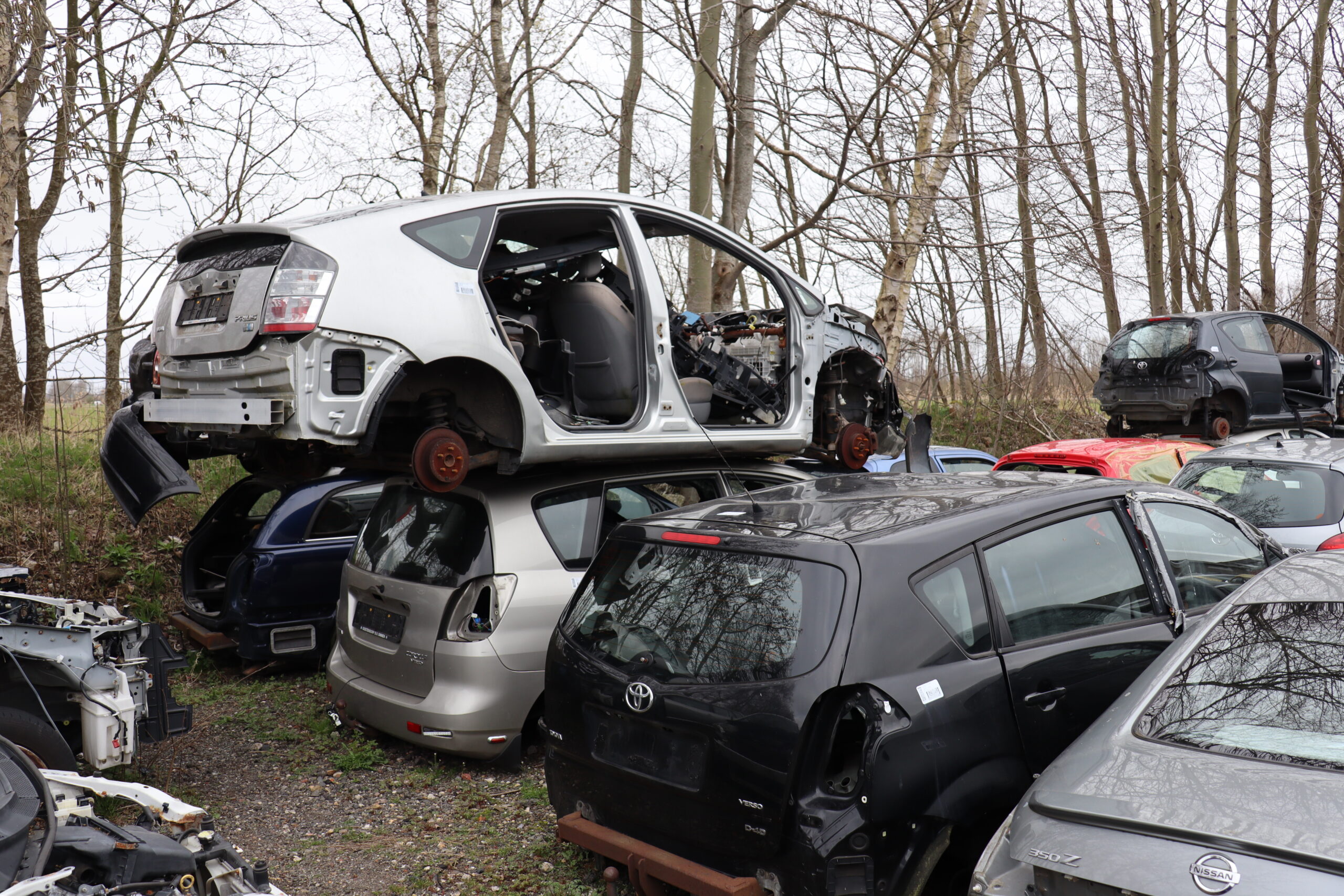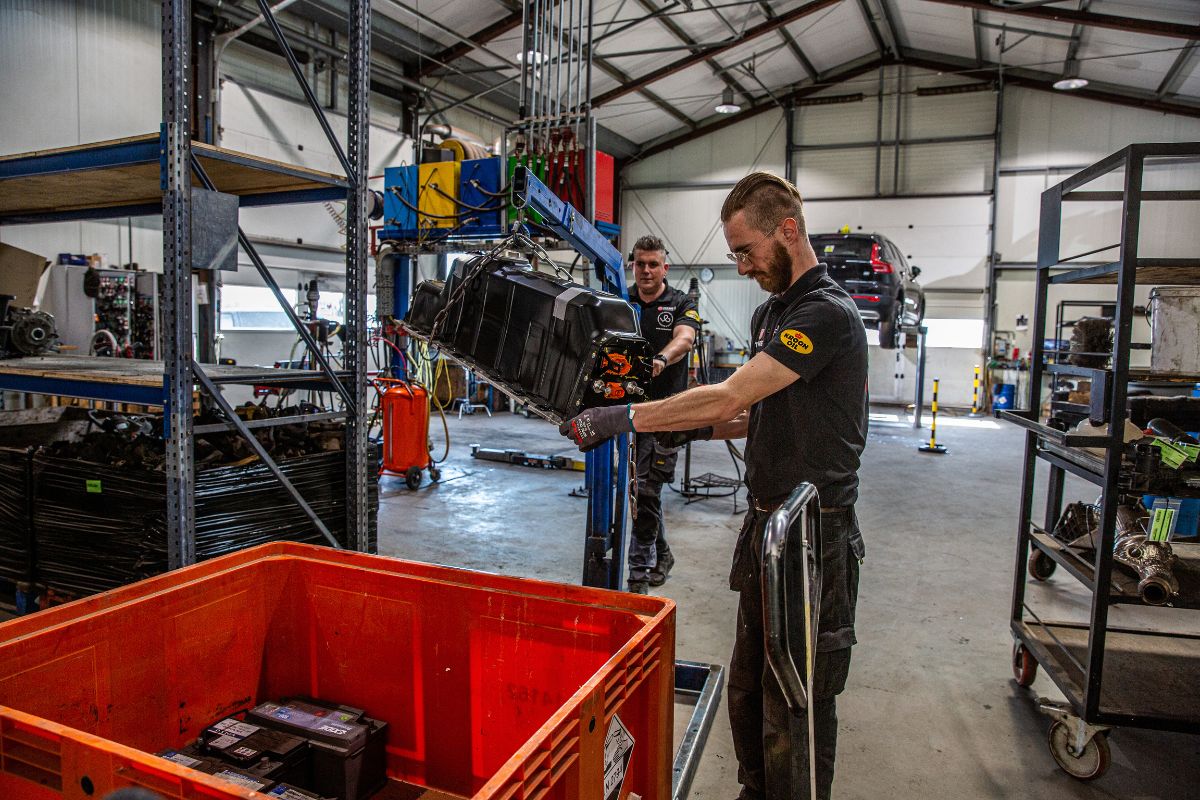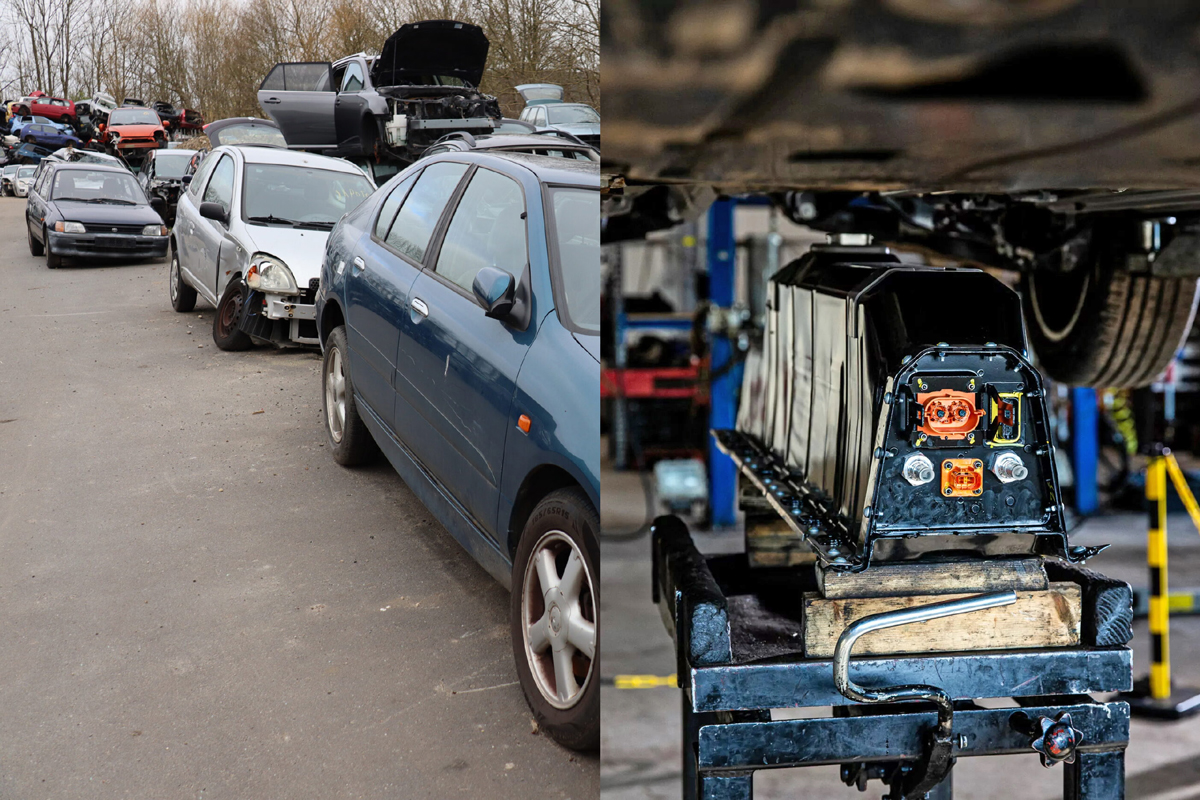D66 Member of Parliament Stientje van Veldhoven would like to make the Netherlands an international intersection for the sustainable reuse of substances and raw materials. “The Netherlands has a sizeable flow of materials and the knowledge to effectively convert waste into new raw materials.”
Tekst ARN Redactie
D66 is encouraging the Dutch government to take measures to stimulate the reuse of raw materials. A few years back, Member of Parliament Stientje van Veldhoven came up with the ‘raw materials roundabout’ concept: a recycling process aimed at reducing the scarcity of raw materials, protecting the environment and strengthening our economy. Van Veldhoven explains, “The Netherlands is the ideal intersection in Europe to collect high-quality waste and convert it into new raw materials. The raw materials roundabout offers an excellent opportunity for Dutch industry, as well as innovation, economic growth and employment. We find ourselves in a unique position with our ports and infrastructure. This enables is to play a key role in the new green economy.”
Stimulation by the government
Raw materials like oil, phosphate and metals are becoming scarcer and costlier by the day. A raw materials roundabout ensures that these raw materials do not become depleted, but are handled, utilised and reused in a sustainable manner. To stimulate this production process, Van Veldhoven mentions five things that could help the government. “First and foremost, the government could tax recycled raw materials at a lower rate than the use of ‘new’ raw materials. This would make it economically attractive to recycle. Secondly, labour-related expenses could be lowered, resulting in a reduced use of energy and raw materials. It is also important that the government establish limits to the incineration of valuable materials and promote the reuse of waste products in the European market, an EU-wide landfill ban for renewable raw materials in 2020 and European minimum standards for reuse.”
“The government could make recycling more attractive by taxing recycled raw materials at a lower rate than the use of ‘new’ raw materials.”
Netherlands as the ideal intersection
To keep raw materials within the European borders, we not only have to view waste as a raw material, but give the Netherlands a pivotal role in this recycling process. Van Veldhoven explains, “Rotterdam can play an important role in this because large quantities of bulk goods can be handled here quickly and inexpensively. Not only that, but the Netherlands has a sizeable flow of materials and the knowledge to effectively convert waste into new raw materials.” The Netherlands has the right knowledge and expertise when it comes to raw material exploitation. Moreover, the development of new business models offers and the strong role of the Netherlands as a transit and distribution country are a good starting position. In other words, there are excellent opportunities to make the existing roundabouts even fuller and more active and to create new roundabouts.
Role for the Port of Rotterdam
The experience of the Rotterdam Port Authority has been that companies do not need help finding opportunities to establish branches and build business cases. The port does not facilitate this directly, but helps incorporate companies into the port’s vision. The role of the national government is primarily in the area of regulations, such as increasing options for transporting waste across the country’s borders.
The Ministry of Infrastructure and the Environment is further expanding the number of raw materials roundabouts in the Netherlands. For more information on waste recycling and the government, see www.rijksoverheid.nl/onderwerpen/afval.
End-of-life vehicles on the roundabout
As early as 2011, the Netherlands aimed to recycle 95% of end-of-life vehicles by the year 2015. The PST factory that opened in April 2011 contributed significantly towards achieving this goal. “With its factory for recycling end-of-life vehicles, ARN has demonstrated in practice that a waste flow can be converted into raw materials in an innovative way,” stated former State Secretary Atsma during the official opening. “I’d like to find out whether we can use more waste flows in the Netherlands as raw materials and, in this way, create an additional raw materials roundabout. Not only are end-of-life vehicles a waste flow that can be processed into high-quality raw materials, but also textiles and plastics.” In 2005, ARN decided to build the PST factory for recycling a variety of materials from end-of-life vehicles. Thanks to Post Shredder Technology (PST), recycling costs are lower and recycling performance higher.



